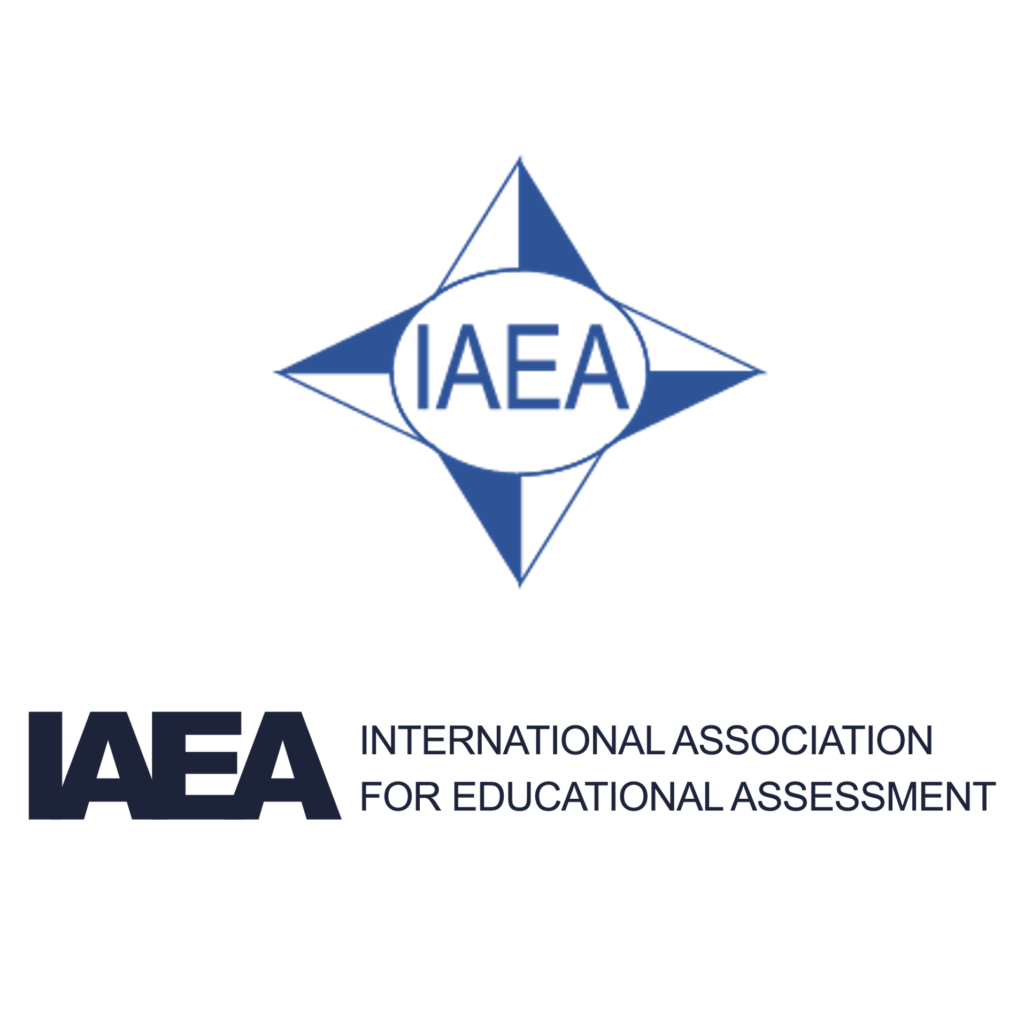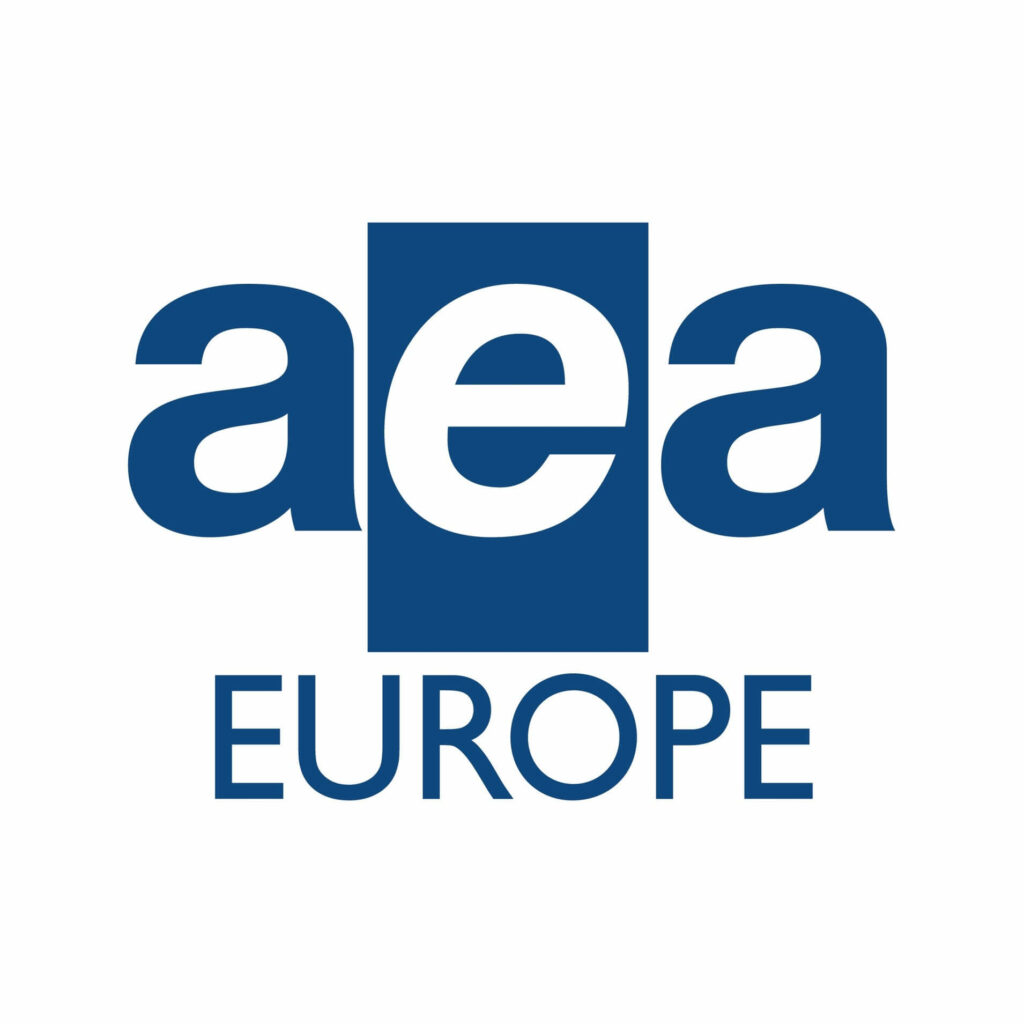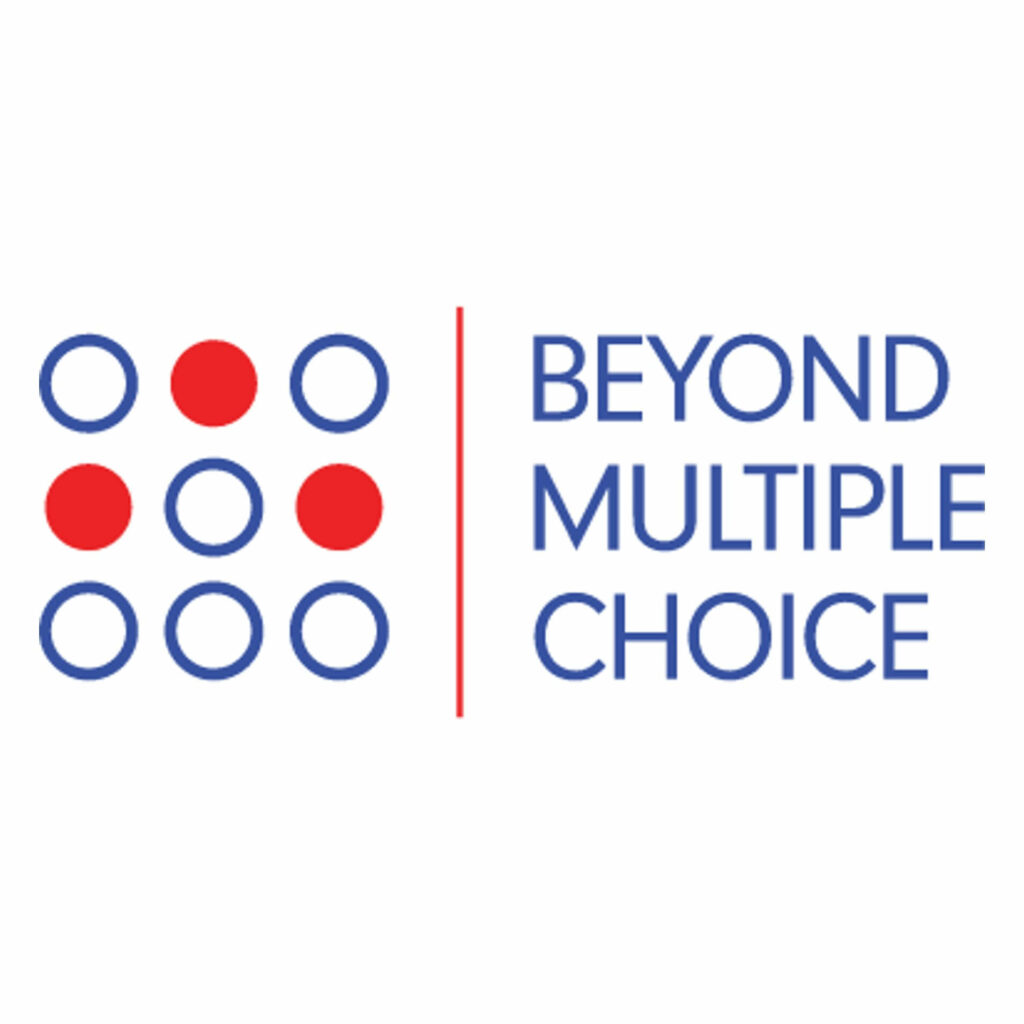Exam authoring has come a long way in recent years thanks to advances in technology. In this blog, we will explore three tech innovations that have significantly elevated exam authoring in 2022. These innovations have made it easier for exam creators to design, review and deliver assessments, ultimately improving the overall testing experience.
We will dive into the details of each innovation and how they have revolutionized the exam authoring process. If you want to find out about the latest tech advancements being used in exam authoring, this blog is for you.
In 2022, exam authoring teams around the world used technology to make huge strides in innovating three key areas: Security, Efficiency and Quality.
- Efficiency: Greater efficiency in production processes were frequently raised as a necessity for facilitating growth and adaptation.
- Quality: Improvements in test quality were in high demand amongst everyone who relies on the validity and reliability of qualifications, from Ministries of Education to HE and employers.
- Security: Keeping up with evolving security threats were, as ever, a critical concern for protecting the reputation of awarding organisations.
The best strategies to achieve improvements in these areas this year took advantage of new digital tools. These tried and tested exam authoring innovations are:
Automating Paper Typesetting
If you produce printed papers for your candidates, then you might find the typesetting process a logistical challenge. From formatting fonts and margins, to inserting equations and special symbols, typesetting can be a time-consuming and complicated process.
To address this, exam authoring teams have adopted Print Prep technology which gives typesetters a head start by automatically placing questions into customised paper templates.

This formatting shortcut saves weeks of time, and helps to ensure that all content is entered consistently and correctly during the initial layout phase.
Moreover, this innovation helps with logistical concerns, allowing exam preparation teams to instantly add crucial elements such as barcodes and examiner mark boxes.
Tailored Workflows and User Permissions
Exam boards wanting to improve the quality of their tests, often try to make their review and approval process more thorough. However, many teams find it a strain to facilitate this because:
- It means adding more contributors to the process, thereby adding to security risks
- They need to manage more experts, authors and reviewers through extra review processes
That’s why even more exam authoring teams have this year adopted digital authoring tools to centrally coordinate and track the QA process.
Customisable workflow tools are one of the most powerful innovations being adopted by awarding organisations in this area. Not only does it improve the security and efficiency of authoring processes, it also enables teams to give more of their focus to the quality of the questions being developed.

With work being automatically passed between users, and clear tasks being assigned to each at their stage, digital workflows are producing consistently higher quality assessments.
This year, after working closely with exam production teams, we enhanced the GradeMaker authoring workflow features and expanded our user permissions tools to further support them. Our authoring system now offers 10 distinct pre-set roles for use throughout a customised workflow process.
Each role has a defined set of permissions which, when used in conjunction with workflow management, offers our customers greater flexibility and customisation options when constructing their authoring process.
Implementing Two-Factor Authentication
Awarding bodies wanting to remain at the forefront of security practice in 2022, protected their content with Two-Factor Authentication (2FA).
By requiring multiple authentication factors, 2FA provides an extra layer of security that can help protect sensitive content from unauthorized access. This can help teams avoid the costly and damaging consequences of data breaches and other security incidents. Teams can also ensure that they are meeting their confidentiality requirements and avoid potential fines and penalties.
2FA is now regarded as the most convenient and secure method of protecting online accounts and is already standard practice in areas such as online banking.

How does it work?
Traditionally, users wishing to log in and access sensitive content, such as emails or word documents, only needed to enter correct login credentials: an email address and a password.
These identifiers alone however have not proven to be secure enough for high-stakes tests. If a password has been saved in a browser or stolen in a phishing scam, it is not difficult for someone to access messages and files containing sensitive exam content.
Two-Factor Authentication protects against this by requiring that the user also has access to their mobile device. They must log in using a randomly generated passcode to prove their identity.
In GradeMaker Pro we have seen this make a big difference to the security of exam content. Authors can use SMS text messages, or app based authenticators to access their unique code and log in to their accounts. This makes for a much smoother and more secure test authoring process for every contributor.
Find out more about the advanced security technology now available to exam authoring teams like yours. Read this article by our Chief Technology Officer: The 3 common security flaws putting exam content at risk – and how to fix them.
Are you looking to improve Security, Efficiency and Quality?
As you make your plans for 2023, we know improvements and innovations in these areas will be high on the agenda. If you want to add these innovations to your authoring toolkit, we can help.
Why not see how other awarding organisations like yours have navigated these changes and seen big improvements in their exam authoring processes.








